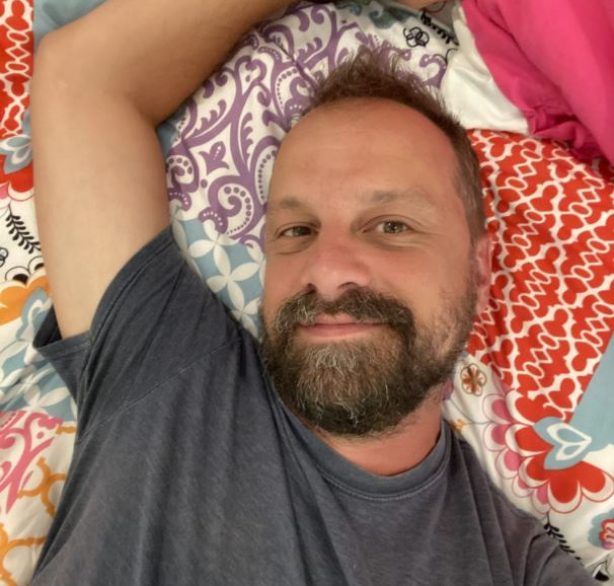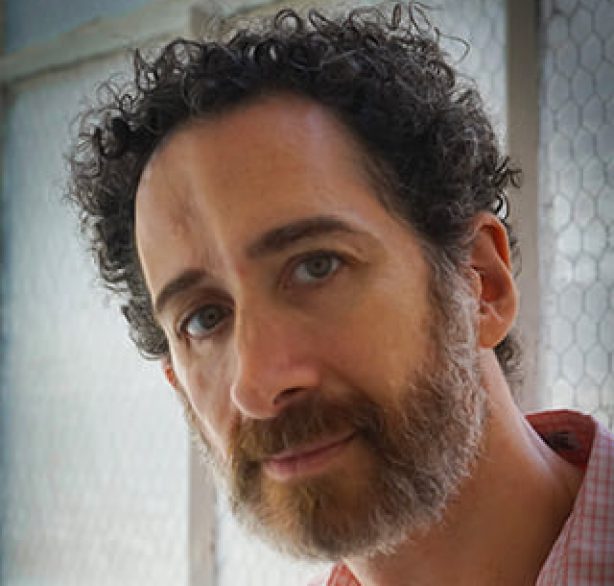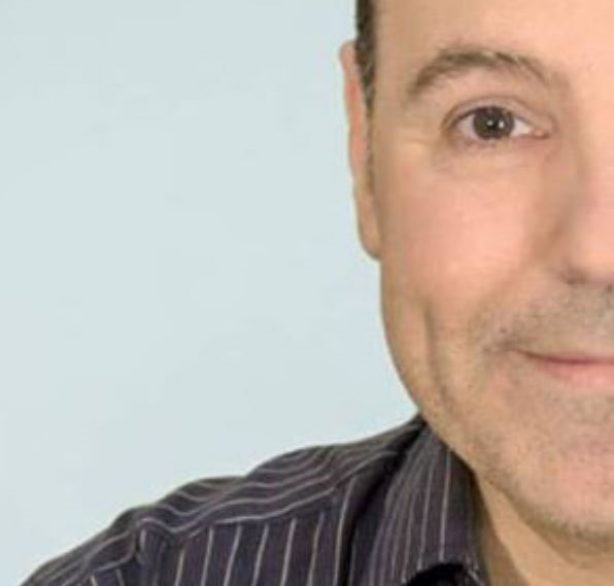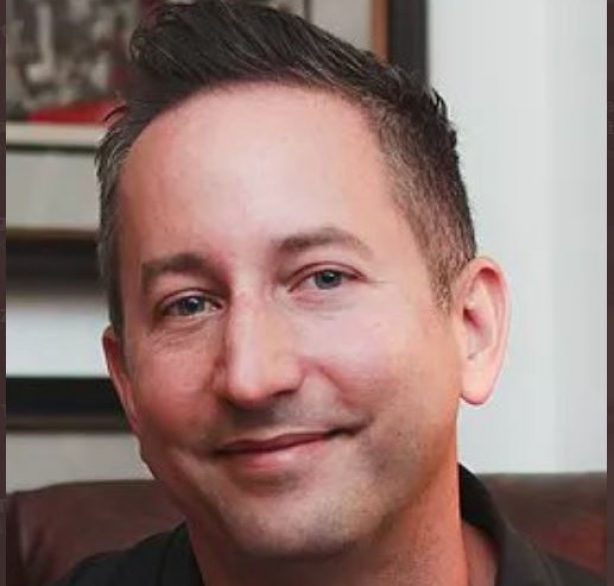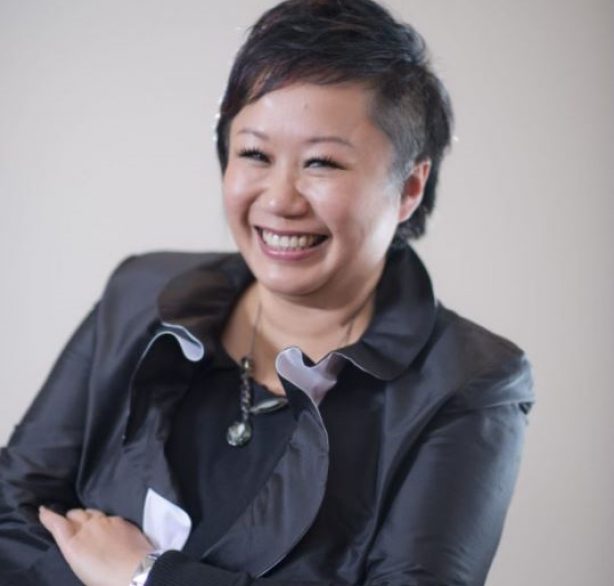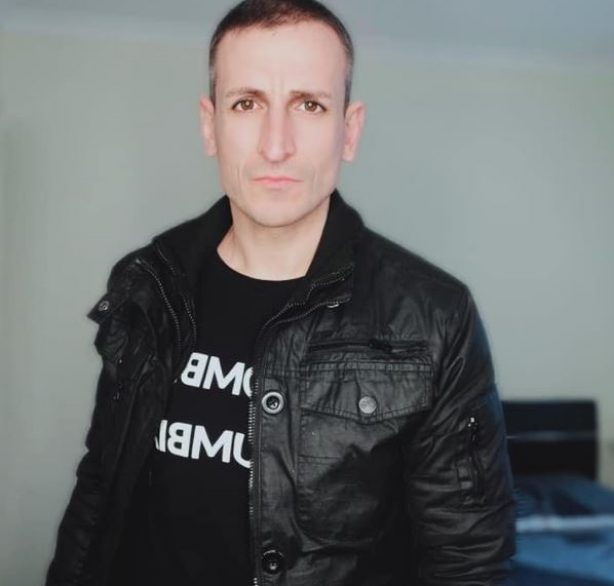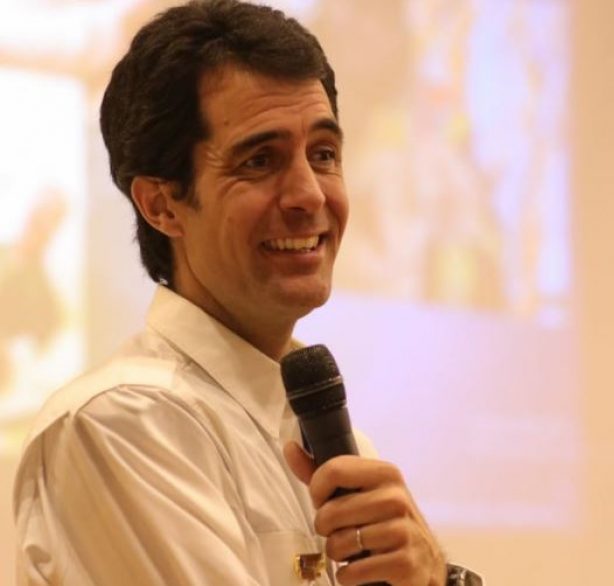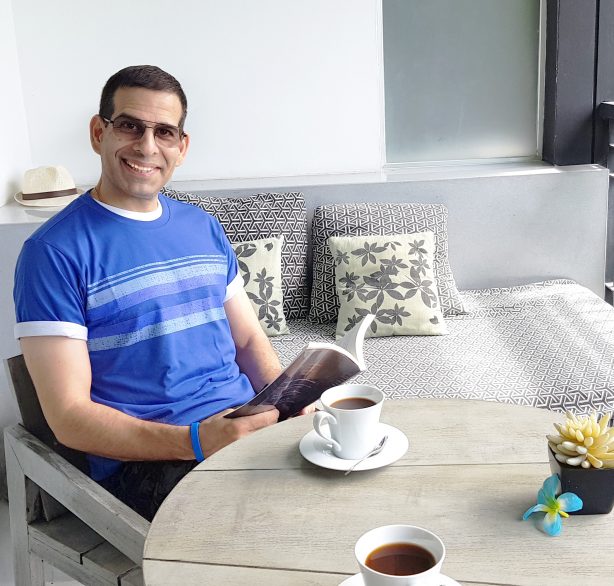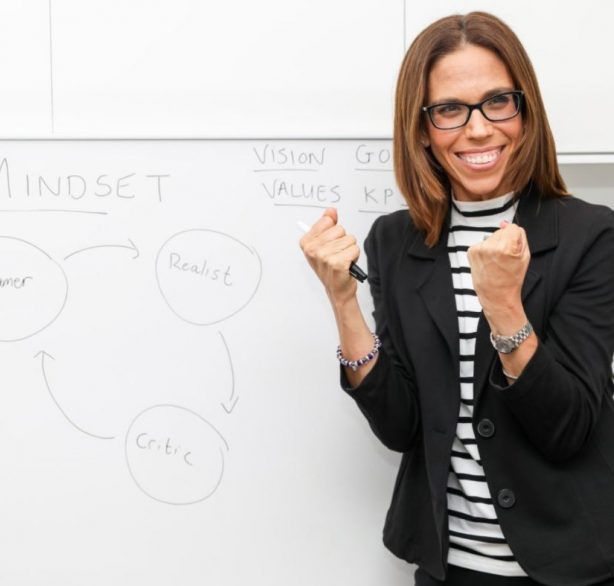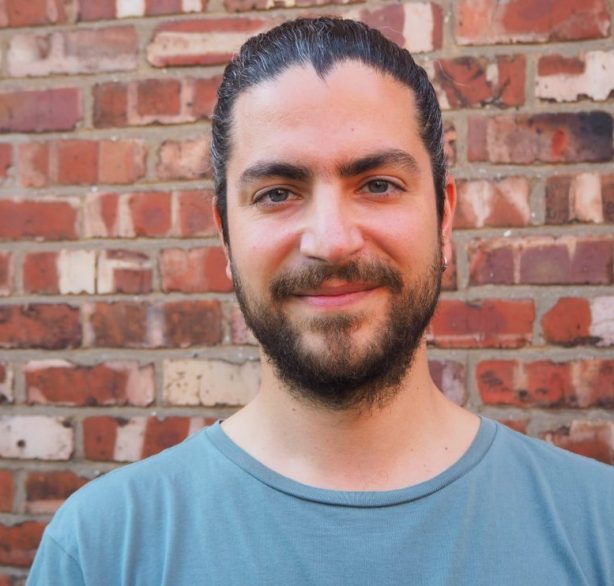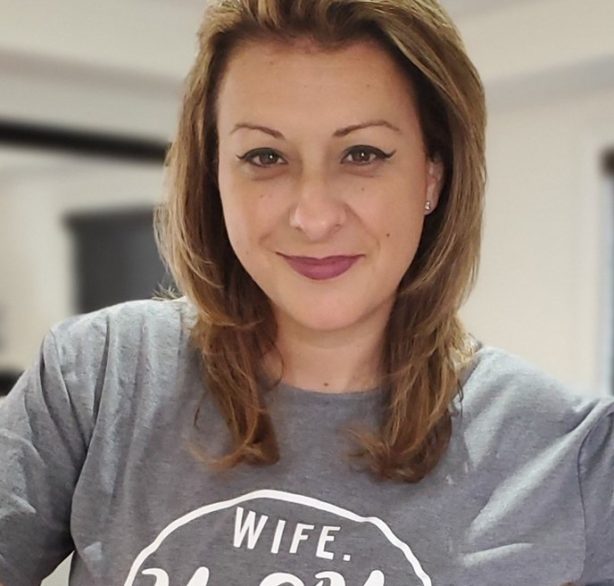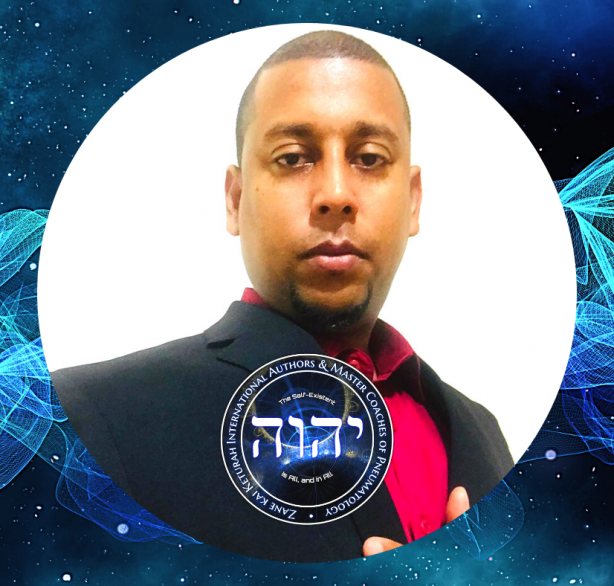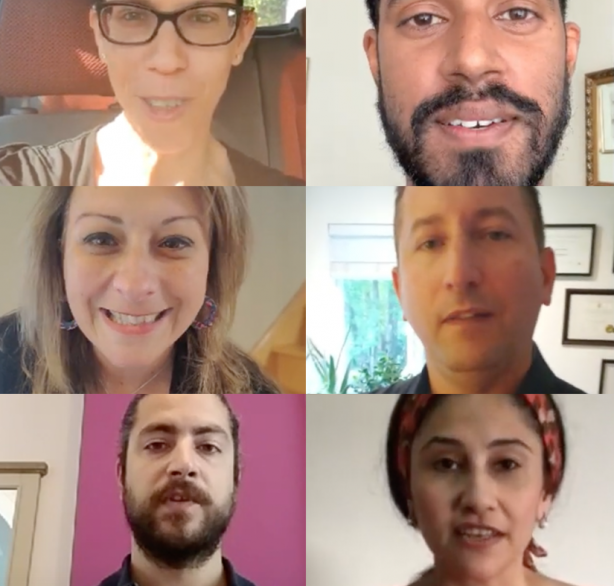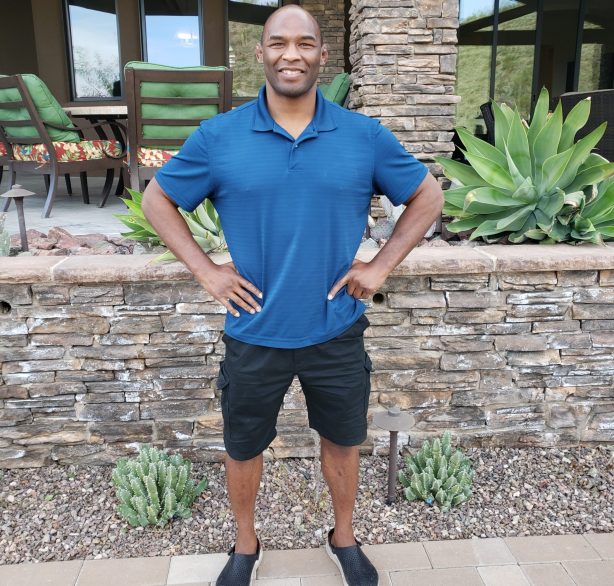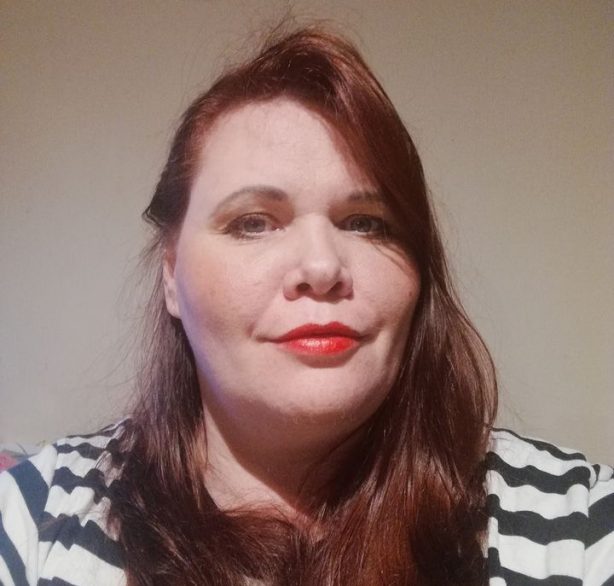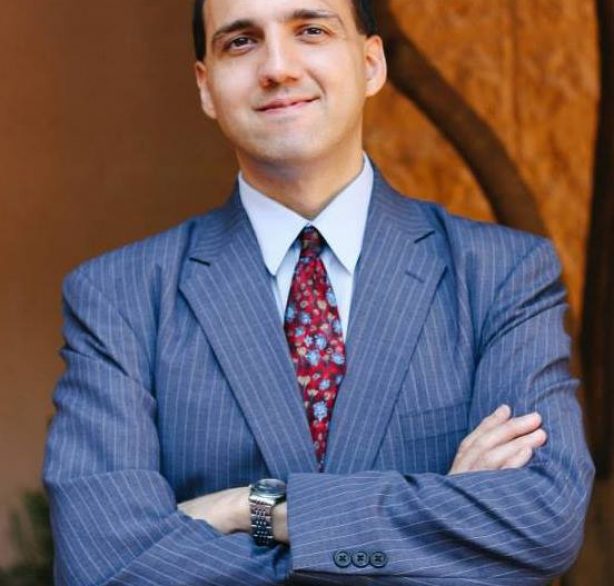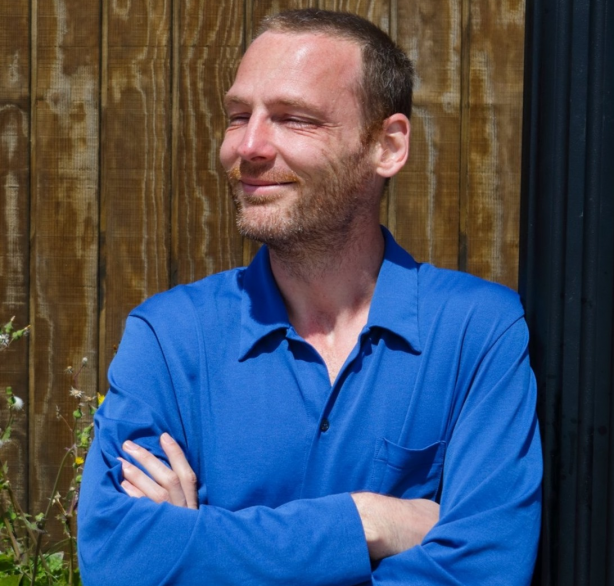Watch the full and inspiring interview with Liis
If you prefer reading, here is the transcribed interview
Ziv: Hey, I’m Ziv, and this is “On the Journey”. Every week “On the Journey” explores the intersections of wellness, spiritual inquiry, mental health, personal growth and purposeful living through the eyes of the people we interview.
Liis, this is our second interview. In the previous interview, we heard about you and your coaching and you mentioned provocative coaching. So welcome again. And we would love to hear about that.
Liis: I’m really happy that you invited me again and, yeah, I’m coach and facilitator who strongly believes that everything starts,
all this magic starts after a person takes responsibility. Share on XOne of the styles I’m using in my work is provocative coaching. And the roots of a provocative coaching are from provocative therapy from USA. Frank Farley and the social worker is behind it and around 30 years ago. Why is Dutch man your polander somehow find it and started bringing it to Netherlands.
There was no very specific theory behind it. They decided, together with another clinical psychologist, that maybe, do sell and pay and model these exceptional skills, beliefs and behaviors. What Frank Farley say, using in his work. So they practice, practice, practiced, made some implications and also wrote one amazing book about it.
And why is it so fascinating for me? Because it’s something totally different from the traditional approach.
Ziv: Ok, so let’s feel it. Come on, let’s dive in.
Liis: Right.
At first I would say it doesn’t replace traditional styles, methods, approaches. It’s something that I use in my work when I feel, but there is a right context for it. But every time it begins with a positive framing, so you make it clear for your client. But today I might also use provocative coaching, which consists of humor, challenge, and warmth. Some people name it so professional love. The main thing I do notice is that the thing you should definitely mention is what I’m going to challenge you to make you stronger.
Ziv: Challenges do make us stronger.
Liis: Yes, so it’s not the sarcasm, it’s not cynicism or what is going to happen here. It is to make you stronger. So you build a trust around it. And the aim is still to bring a client from external processes to our internal ones and to provoke on both.
One of the things which is part of a provocative coaching is, for example, giving a nickname for your client.
Ziv: Nicknaming.
Liis: Nickname you? OK.
Ziv: Let’s do it. Let’s just try
Liis: You come to the session and at first I noticed some things, I know a bit about you. I know that you are interviewing people and you’re posting it somewhere where you try to sell something. And then maybe I could call you online or shop.
Ziv: Whoa, OK, what a responsibility.
Liis: What happens is like do you define yourself by it? I’m not going to ask in the coaching session but I would ask right now, what do you feel when I say it?
Ziv: All right. I feel like it’s a compliment.
Liis: You feel it’s a compliment.
Ziv: Yeah
Liis: Ok, great. This is also one way. The thing is that usually people if they get some kind of a nickname, they like it or they don’t like it. In one part of the process, it starts disturbing this nickname. Every time when you come to my station and I’m like, OK, online or shop, you are inspirational speaker. Tell me what I should do with my life?
Or, you know, you’re going deep with that beliefs.
Ziv: At some point, the nickname touches the things inside and will make me to react to it, even if I like it at first?
Liis: Can be, but it’s better when it touches you from the beginning, may be the better example would be when you have a client who is always looping that, oh, I have to take care of my mother, I need to go to a kindergarten, they call the children, my husband is doing nothing, I’m the only one who’s with the bakeshop, he’s just having fun, playing football, going out to the pub with friends.
At work, the person or the people come and try to make the contact and sit down on the seat and start speaking about their life troubles. And then I end up listening to them and I have no time for work and so on. And when I called her mother Teresa and, you know, it’s something which will attach to your brain and starts working there and you’re like, I don’t want to be this mother Teresa. I want to live my own life as well, you know?
So what happens? They might not say straight ahead, but sooner or later, automatic protesting and protesting against this thing what we try to label them with. This is one way. Another thing is if the client is bringing up the problem.
Can you give me a problem?
Ziv: A problem? It’s quite easy. The intensive and work from home. At home, three children. I listen to you and any moment they might jump into the room and they have a chaos, very difficult to concentrate, but I want to be with them and give them love. So it’s to be torn between work and family and everything is together.
Liis: So we work from Home?
Ziv: Yeah, yeah.
Liis: And you are surrounded by your family.
Ziv: I feel like they’re all over.
Yeah, yeah,
Liis: There are one or two children?
Ziv: Three
Liis: Three children, woah. Rich man.
Well, but this is a dream life you’re living. You’re at home. You are surrounded by your family. Most of the people say before dying that the main thing that they missed was being together with their family and spending a lot of time with them and having this freedom you have. You do your job from the computer, It’s amazing thing to have.
Ziv: Yeah, it’s amazing at the same time, I think like many other things, all the amazing things come with a cost. And so we asked about the problem.
So the other flip of the coin is that things are too tangled together. It’s very difficult to do a proper separation to put borders. It’s a lot of fun but also, really, if I want to take a coffee break on the regular work, you go to the coffee break, you meet a co-worker, you talk, you refreshed, you go back here, I’m going to, just don’t let me come back.
Liis: Those colleagues are annoying. It’s a really good that you can stay at home. You don’t even need to, you know, get and work and be charmers and just take a coffee cup and speak with your children is an amazing thing. And most colleagues, they are so annoying. I just told you before but they sit on your seat and don’t want to leave and speak about their droplist. I mean, I have already three children, why should I listen to their family troubles?
Ziv: About their children, definitely, yeah. That’s a good point. That’s a good point. But it’s also fun to get in and refresh yourself with other grown-ups and yeah, it’s both.
Liis: Isn’t what they’re saying, that if you have children then you can be by yourself also more playful and learn every day something new and adults are boring.There’s nothing to learn.
Ziv: And adults are by far more boring than children. That’s for sure, some of them, but from everything you need both, right. So to be all day long with children at home and do you have children?
Liis: Not yet
Ziv: So at one point, you will discover that the thing that you love the most is also the thing that drives you crazy the most.
So like we all need, I think me I don’t know, I need a balance between the things
Liis: So you are annoyed?
Ziv: Sometimes definitely, definitely. Online also gets annoyed, definitely.
Liis: Online also gets annoyed then when he starts screaming at children at home
Ziv: Not screaming in the regular sense of screaming, but they’re not far from that. Yeah. Yeah.
Liis: Sometimes you need to raise your voice to be able to listen to you more?
Ziv: In some situations.
Liis: You cannot do it at work, at work you cannot do it. You have to always, you know, that they would be satisfied on receipt when they are complaining. You’re a psychologist, don’t you?
Ziv: I am. Yeah, definitely. Definitely. We can’t shout at work, definitely.
Liis: So we are free at home to shout?
Ziv: Theoretically I’m free to shout. Theoretically, the inner policemen won’t allow me and also I’m trying to be a role model for my children and to show them that we can solve things without shouting. So most of the time I succeed, not shouting out loud at least.
Liis: So you mentioned that you’re at home and there’s always you never know when your loved ones are coming to the room and also interrupting the interview.
Ziv: Yeah
Liis: How do you feel?
Ziv: Oh, sometimes I feel nervous, sometimes it’s a stressful.
Yeah, I think it became a routine, so it’s getting better.
Liis: So like this home routine, it shouting children.
You enjoy.
Ziv: In a way, but in a way I don’t enjoy it. There are two things. I enjoy not enjoyed at the same time.
Liis: Ok, so let’s make it cut from here and analyze what happened. So in provocative coaching, if a client says that he has a problem, you say it’s not a problem.
So you make it reverse, you say this is not the problem. It’s really magical thing, everyone wants it. And then what follows is that the client is going to accept it or resist. And both are good because both will bring you to something in one point. You might not think about it at the moment, maybe don’t feel that I got something very enlightening from it. But we had also do short session. It starts working in the long term.
Ziv: Definitely, I have to say that. I felt that I’m doing like I’m working. Because you pushed me to places where I had to, you know, in a way, every answer that came to me wasn’t the complete answer and wasn’t for me like the real deep truth. So I try to, I felt like I can’t find a really good answer that I’m satisfied with. So I felt like you’re pushing me and I’m struggling. And in a way, like you said, it makes me, it pushes me to go to places where I go deeper and find new things and through this really very short session, I’m sure that if we do it’s longer, then.
Liis: Yeah.
I mean, there are also some more things like one of those but you can also say like do some more, feel some more, think some more. It’s about, you say that for example, that I’m too shy to express my feelings, you can say that the exaggerated in a way and save it, but it’s good to be shy. Isn’t that amazing? You’re just there and sit silently and you hear all the secrets, what people are saying and no one notices. We don’t have active listeners. Everyone wants to speak, you know, nowadays. So it’s a magical power you have, isn’t that?
And then the person starts to, you know, defense? Not self defense, but, you know, try to, in a way, resistant to tell you a story about why it’s better to be shy. But they have to do it in a very, you know, defending way because I’m in a position where I hesitate, but it’s a bad thing to be shy, you know? And we think, Frank Farley he has also told that this is one of the topics of psychologist and therapists that they may burn out because all those traditional ways to help your client is to empower them and to simply try always to bring out the positive and the, you know, reframe it and so on. But if you use this provocative style and you also keep your own mental health good because it’s fun. It’s playful.
Ziv: I think it has lots of powerful things, like one thing which you said, it’s really amazing that when there is a challenge, it brings new things.
Whenever we go out of our comfort zone, we discover new things about ourselves. So the moment you push me or you help me to get out of the comfort zone, it’s amazing.
But also, you did it in a very, I felt from how you asked and I saw that you want to, in a way, to push me but it was like someone of a caring person do it. Like I felt all the time that it’s for me that you’re on my side, although you might, you know, in a way not hurt me but make me do something maybe that I don’t like but like a caring person.
So it was very comfortable and very safe to go out of their comfort zone. And that’s one of the things that are missing some many times to go out of the comfort zone. We’re going into a danger zone. But to have someone with us that takes us behind there and we know that, I felt that, it will keep me safe and you will not let me fall. And that’s very powerful. That’s really. That’s great.
Liis: Yeah. Thank you. Really. And there are a lot of tips around this approach. If you’re interested, then I really recommend the book, what they have written. I have it here as well.
Ziv: Provocative Coaching
Liis: Promotion, I don’t get paid for it, but it’s a lot of fun. They are basically writing here all what happens in one conference. So all the thesis, how they did it with the participants and how they learned it. And it’s fun.
Ziv: Liis, thank you so, so much. It was a really good experience and different, which is even better. So I really, really appreciate exposing me and our audience to this same method and to how you do it, which is very kind and comfortable and comforting way.
So thank you so much.
Liis: Thank you.
Who are you?
Liis has more than 10 years of experience working in the field of education and youth work. She has a Master degree in Human Resource Management and Development, and has improved her skills in coaching in Hungary and the Netherlands.
Working with people is her lifelong passion. She believes that a change (you can also call it a magic) happens after one takes responsibility over its life and gives up its victim role. Also, she is convinced that we always have something to learn from each other and that practice is the mother of learning. Find out more about her background her
DISCOVER MORE ABOUT WASEEM ON HER WEBSITE



